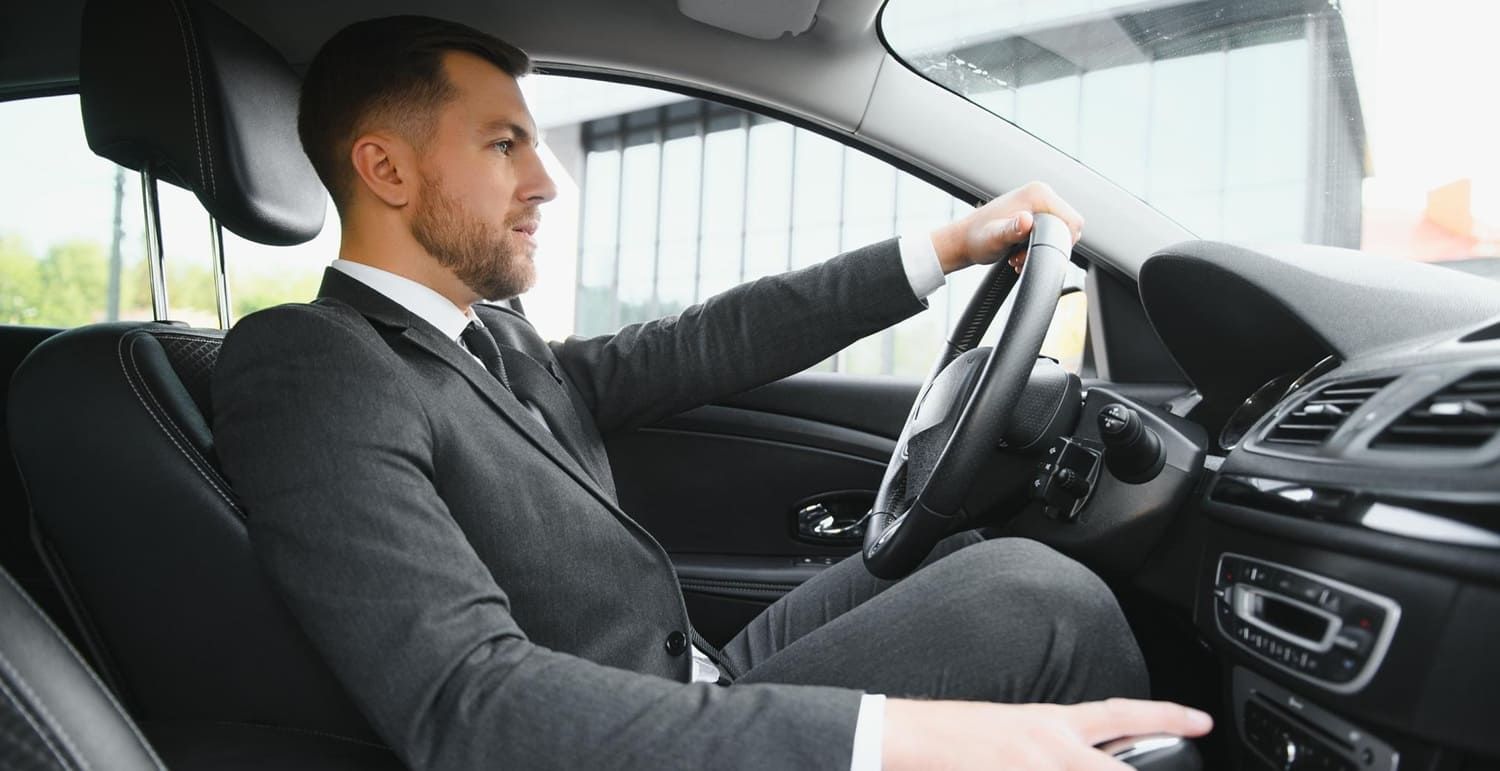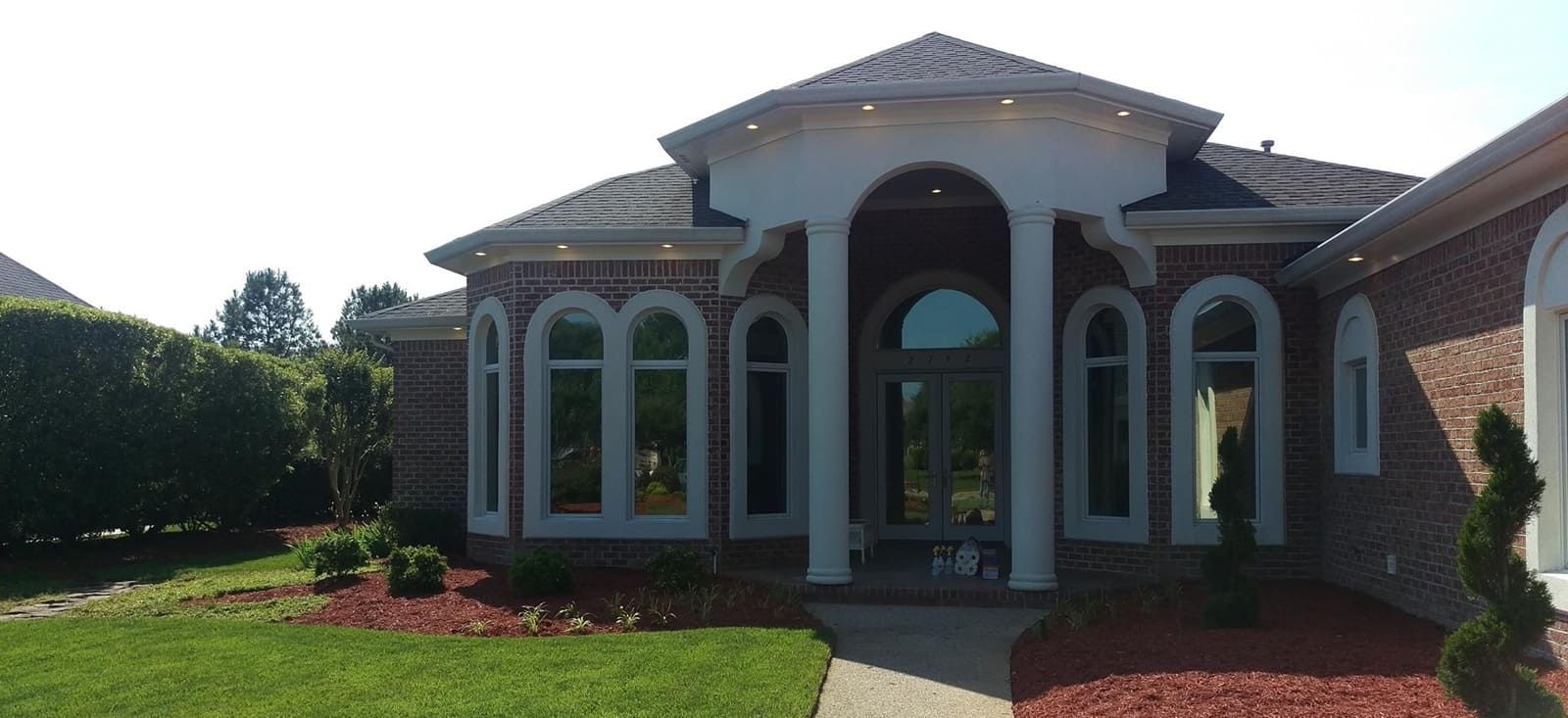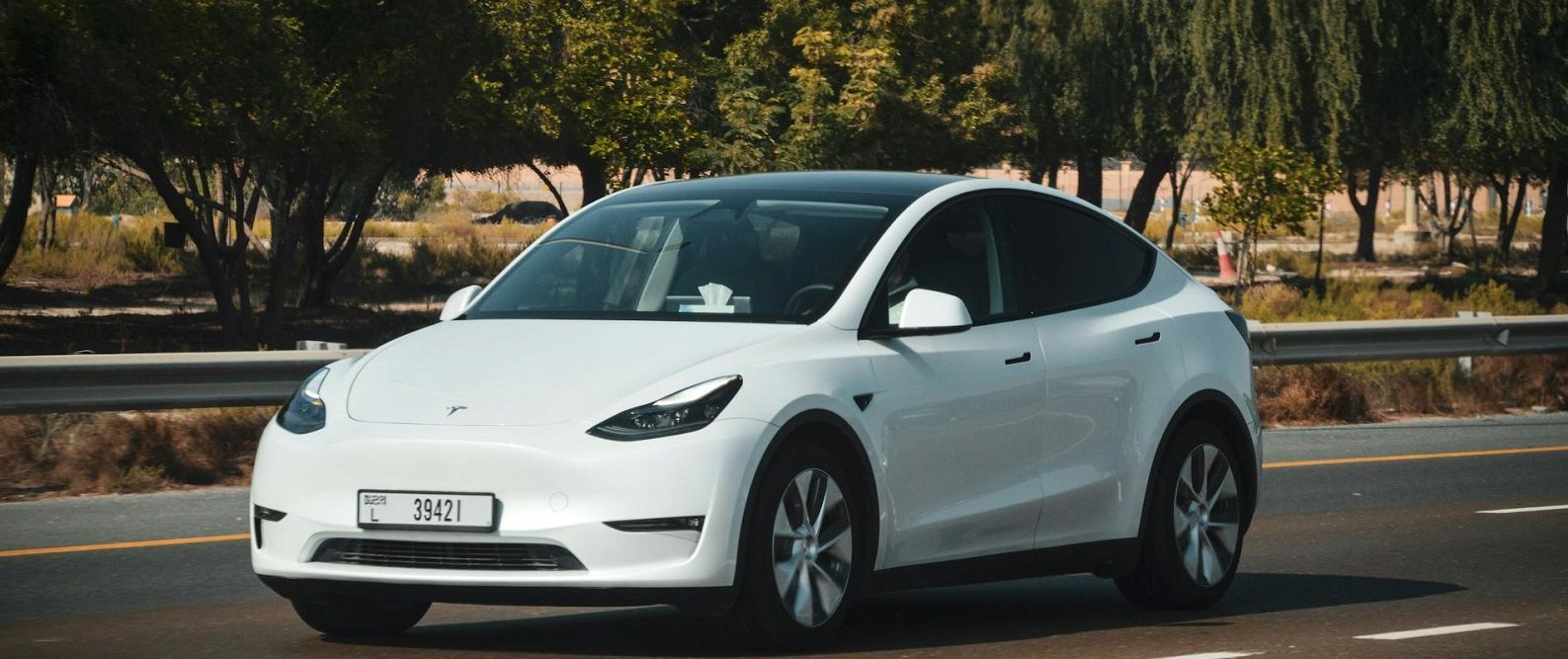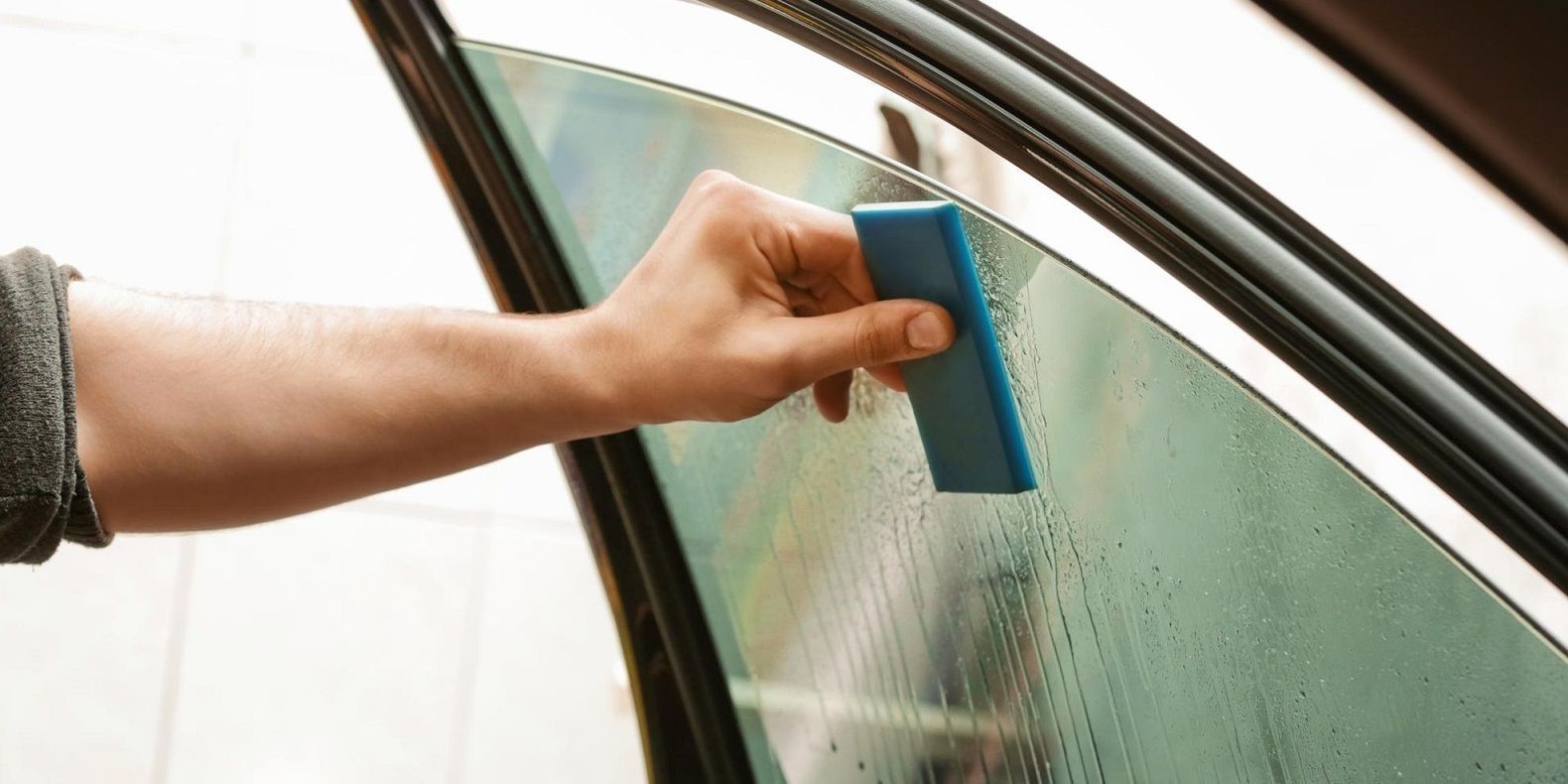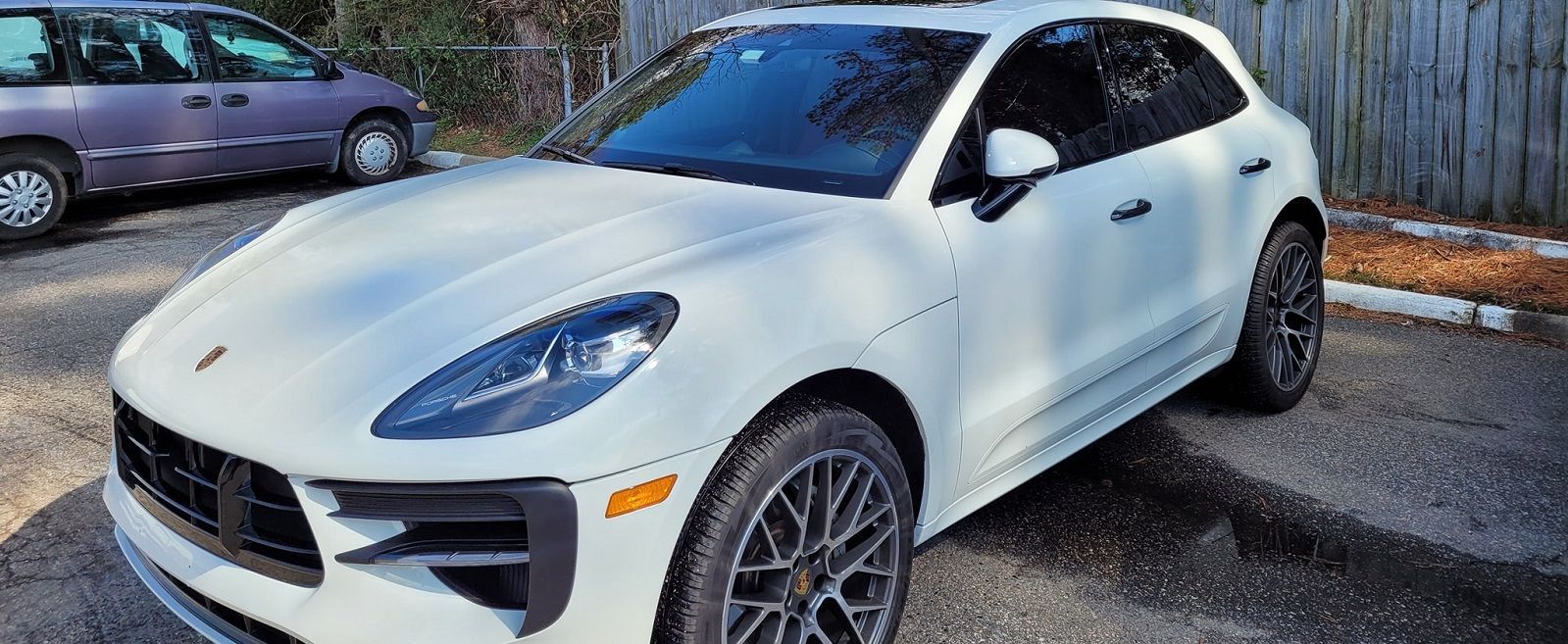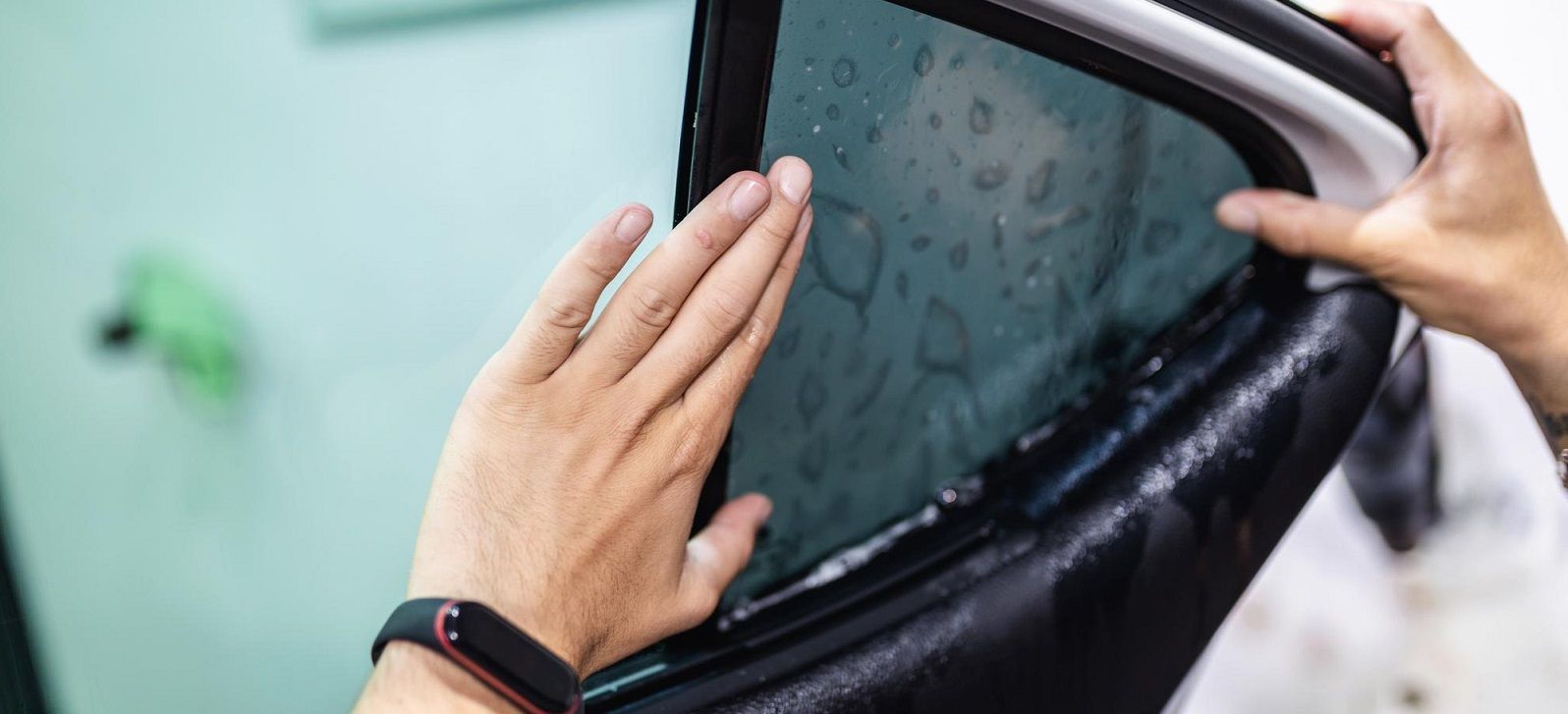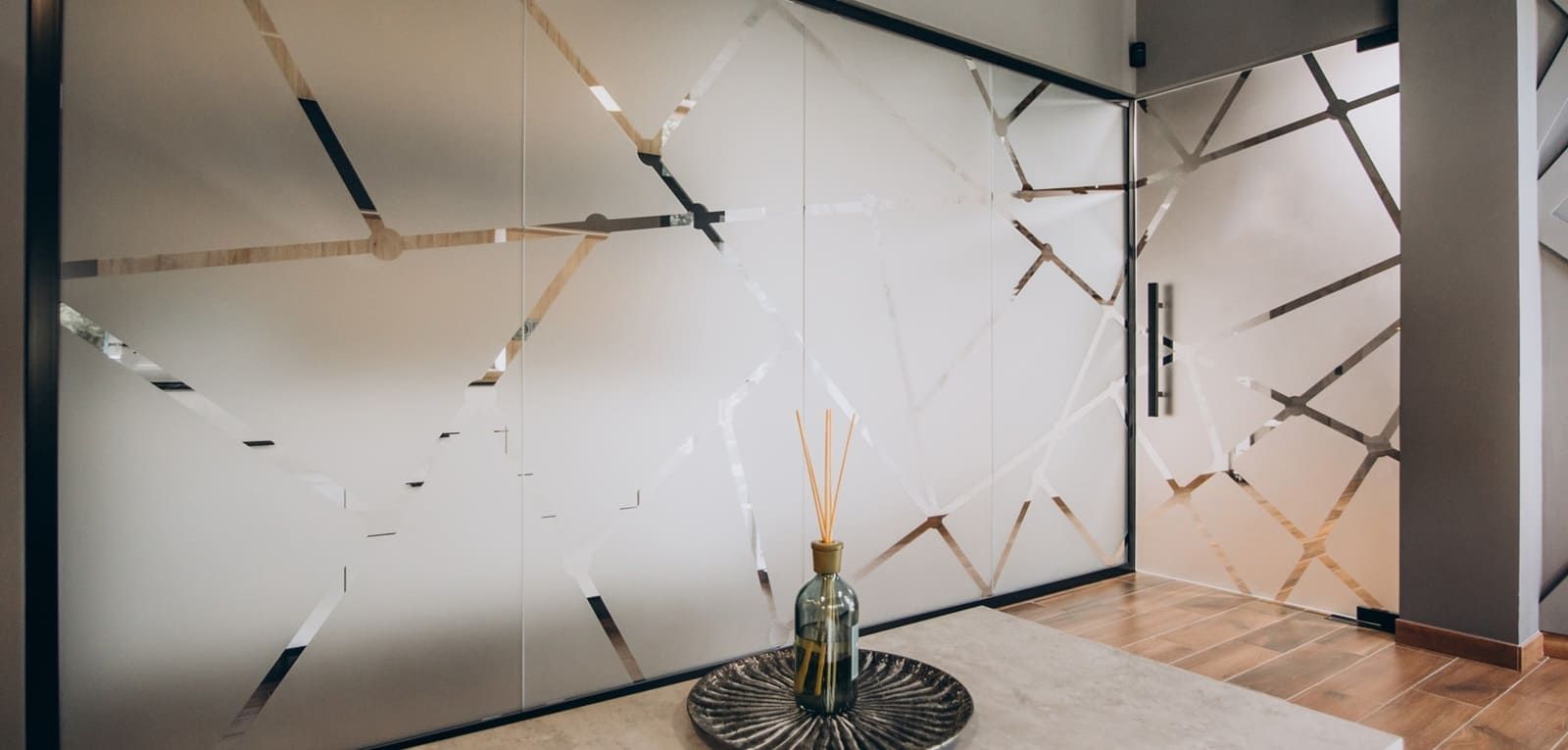How to Get Medical Authorization for Window Tint: Your Complete Guide
Do you live in an area that requires medical authorization for window tint? Click here to learn how to get authorized so that you can ride without restrictions.

Over 95% of American households own at least one car. Many homes have two or more cars.
But those cars don't do you any good if you can't drive them.
Regardless of how long you've had your driver's license, you may not be able to drive your car if you've been diagnosed with certain medical conditions. At least, not without the right protection.
Medical window tinting is stronger than normal tinting and can get you back on the road. But how do you get it? We've put together this guide to show you how to get medical authorization for your window tinting.
So let's get started!
What's the Difference Between Normal Window Tinting and Medical Tinting?
Window tinting limits the amount of sunlight (and harmful UV rays) that can shine through your car's windows. The darker your window tinting, the less light that can get through.
Because of this, window tint is measured by visible light transmission otherwise known as VLT percentages. Higher VLT percentages let in more light.
Medical tinting has a low VLT percentage, meaning less sunlight can get through the windows. This protects the driver triggers that may make their condition worsen or flare-up.
Here's a closer at the difference between normal tinting and medical tinting.
Normal Window Tinting
Each state has it's own laws regarding window tinting, but we'll use Florida as an example.
When you're tinting your windows in Florida, you must adhere to these guidelines:
- Front Side Windows: 28% VLT
- Back Side Windows: 15% VLT
- Rear Windows: 15% VLT
- Windshield: You can use any non-reflective tinting as long as it's above the AS-1 line
You can't apply any tinting to your windows that is darker than these percentages.
Medical Window Tinting
The window tinting laws in your state will make an exception for people with medical needs. Because of this, medical window tinting can get much darker than normal window tinting.
Keep in mind, if you have medical window tinting, you might attract attention from cops. But don't panic. Make sure you have all the right paperwork and approval documents in your car at all times so you can avoid getting tickets.
And don't get frustrated at the cops. They're just doing their jobs.
Who Needs Medical Window Tinting?
There are many people with medical conditions who can benefit from getting medical window tinting. For example, some of the conditions include the following:
- Albinism
- Bloom Syndrome
- Cockayne Syndrome
- Erythropoietic Protoporphyria
- Solar Urticaria
- Systemic Lupus Erythematosus
- Xeroderma Pigmentosum
So what happens if people with these conditions don't have the proper medical tinting?
It depends on the person and the specifics of their health. In some cases, a person with one of these conditions may not require medical window tinting. Other times, too much exposure to the sun's UV rays while driving can lead to:
- Difficulty breathing
- Extreme fatigue
- Fever
- Joint pain
- Painful skin rashes
- Skin blistering
- Vomiting
These are just a few of the side effects. Some people may experience even more serious issues, such as arthritis, kidney problems, swelling of the internal organs, etc.
For people who suffer from these medical conditions, driving becomes unsafe without medical window tinting. Not only will they put themselves in danger while on the road, but they can also become a risk for other drivers around them.
That's why medical window tinting is so important.
How to Get Medical Authorization for Your Window Tinting
If you have been diagnosed with one of the medical conditions listed above (or something similar), you should go through the process of getting medical authorization for your window tinting.
This can take a few steps.
Here's a quick guide that'll walk you through the process.
Talk to Your Doctor
You can't get medical authorization without a doctor's note. Because of this, the first thing you should do is schedule an appointment with your doctor.
They'll then be able to talk through your symptoms and let you know if medical window tinting will benefit you. After this, your doctor will write a medical statement that explains your medical needs.
You can then use this statement to apply for medical window tinting authorization.
Fill out an Application
The exact process of getting medical authorization will vary depending on where you live. However, most states require you to fill out an application. You may have to pay a fee during the application, but the charge should be small and manageable.
Start at the DMV
If you aren't sure where to start, it's a good idea to head over to the DMV. They'll be able to tell you what forms you need to fill out, where to send them, and what other information you need (if any).
Will Your Medical Authorization Be Denied?
Again, it depends on your medical condition and your state.
Some states will deny your medical authorization if they feel sunglasses will be enough to protect you. However, if you have a doctor's statement describing your condition and your symptoms, you shouldn't have to worry about your medical authorization being denied.
Understanding the Authorization Process for Medical Window Tinting
Going through the medical authorization process might take some time, so be patient. You may have to wait several weeks before you get approval for your window tinting.
However, once you get your authorization, you can apply your tinting and get back on the road.
Need some help with this next step?
Applied Film Technology in Virginia Beach provide quality window tinting services. Make sure you click here to get in touch with us today!

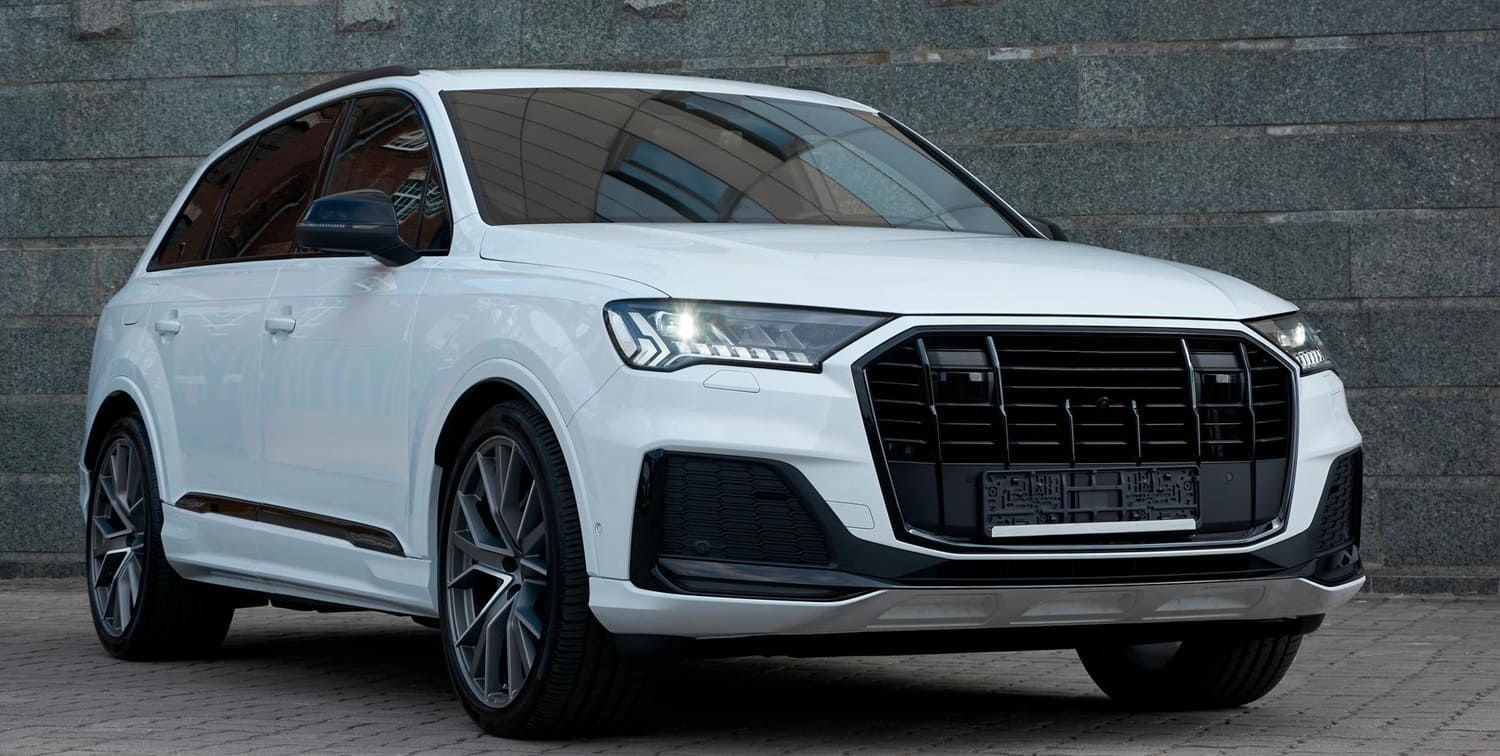

Business Hours:
Monday - Saturday: 8am to 5pm
Sunday: CLOSED
All Rights Reserved | Applied Film Technology


